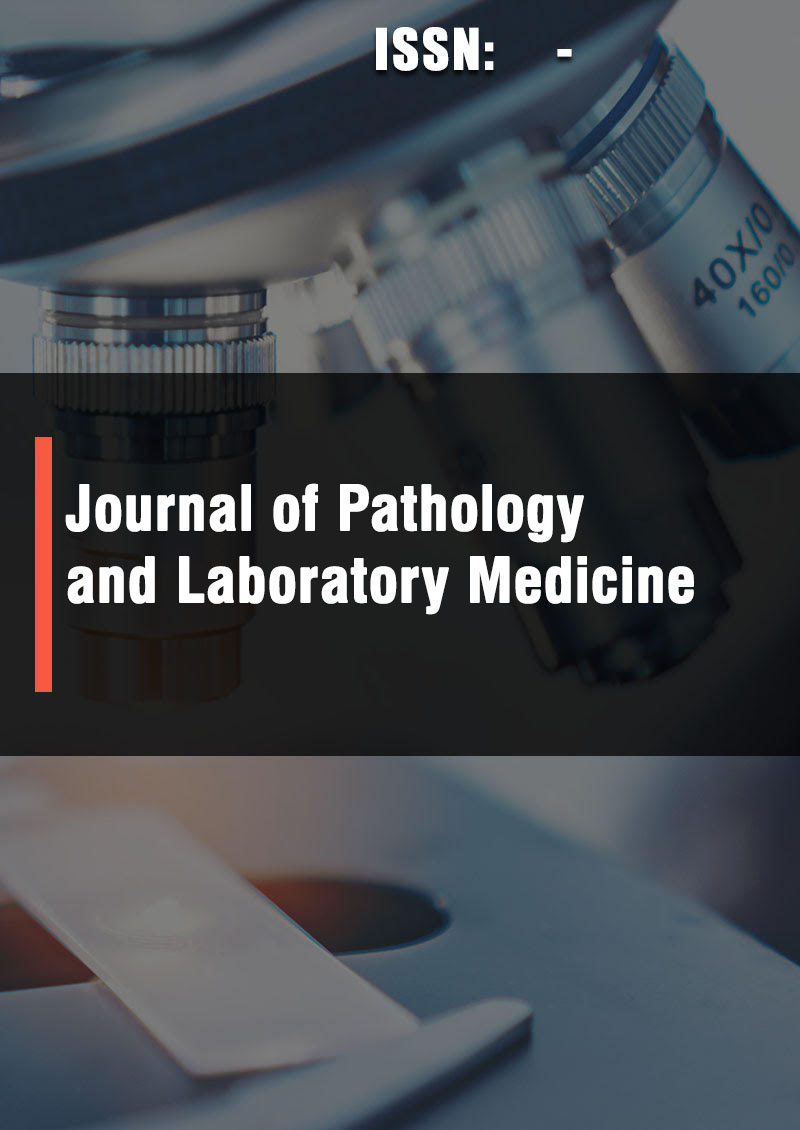Pathology Of Human Papillomavirus (HPV)
Abstract
Ahed J Alkhatib, Abeer Abdel Majid Alqarar
The human papilloma virus (HPV) plays a role in human pathology and is responsible for a variety of different patterns of pathogenesis, ranging from inflammatory conditions to cancers. The primary purpose of this research was to analyze the most recent developments in the body of literature concerning the pathogenic facets of HPV. During their investigation, the writers made use of a variety of search engines, including Google, Google scholar, Science direct, and PubMed. According to the findings of this research, the HPV is linked to several different cancers, including oral squamous cell carcinoma and cervical cancer (OSCC). The findings of the research team led them to the conclusion that the significance of human papillomavirus (HPV) is through its association with a wide variety of diseases, ranging from inflammatory conditions to malignancies. Getting vaccinated is absolutely necessary in order to protect oneself from this infection. In addition, we recommend that screening programs be established for this virus in order to detect cases at an early stage and, as a result, halt the development of the disease into a malignant condition.




